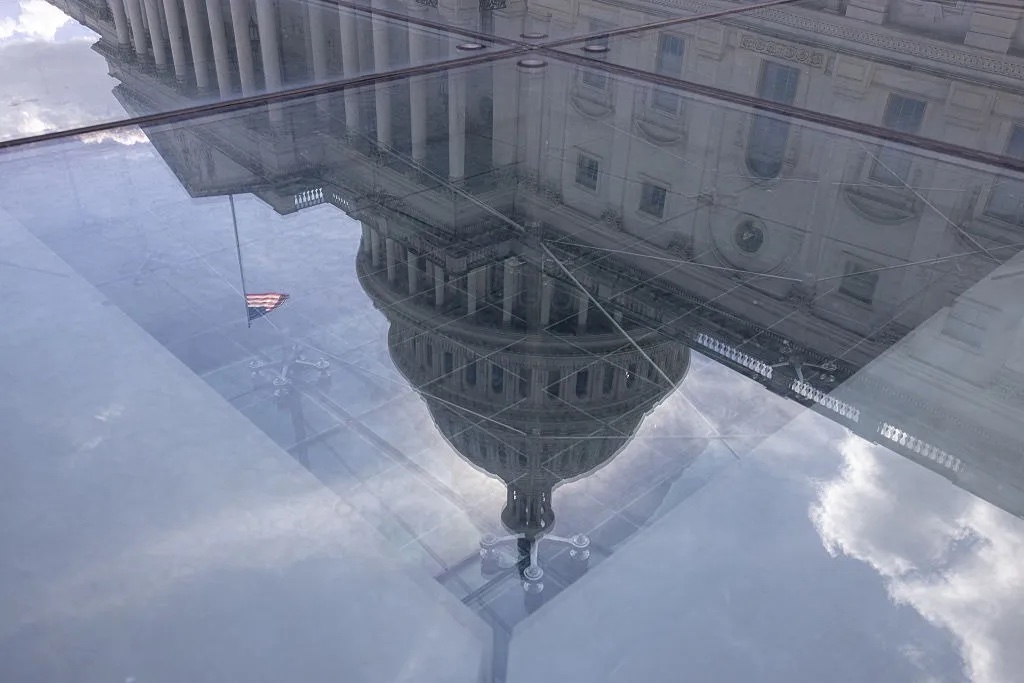The internet is not a private place, but news outlets have decided that it’s up to them to determine when someone loses their right to anonymity. Quite often, the media gets this calculation wrong and destroys lives in the process.
Scott Alexander, the pseudonymous blogger behind ‘Slate Star Codex’, deleted all of the content on his popular website after the New York Times revealed it was going to publish his true identity. In a long post explaining the debacle, Scott Alexander said that he was talking to a Times reporter last week who was planning on writing an article about his blog. The Times reporter apparently discovered Scott Alexander’s identity in the course of reporting and cited a ‘New York Times policy’ requiring him to publish his full name.
‘”Scott Alexander” is my real first and middle name, but I’ve tried to keep my last name secret. I haven’t always done great at this, but I’ve done better than “have it get printed in the New York Times“,’ Alexander said. ‘
Alexander, who is a psychiatrist and tries to keep his patients separate from his personal life, opted to nuke the blog in an attempt to kill the story. The Times seemingly defended their decision to threaten to expose the blogger in a statement:
‘We do not comment on what we may or may not publish in the future. But when we report on newsworthy or influential figures, our goal is always to give readers all the accurate and relevant information we can.’
It’s difficult to see what news value there is in naming a pseudonymous blogger who has presumably done nothing to invite such scrutiny into his personal life. As Alexander explained it, the piece was intended as a positive look at his blog and its resulting community of readers. There were no allegations of wrongdoing that would warrant him losing his semi-anonymity. The Times has granted pseudonymity to plenty of other individuals, so it seems there is no clearly enforced policy.
The fact that news outlets are using their investigative skills and public reach to out individuals for no good reason should be chilling to anyone currently maintaining some semblance of privacy on the internet. And the New York Times isn’t the only media outlet drunk on its own power.
[special_offer]
The Washington Post recently reported on a two-year-old staff Halloween party in which a graphic designer was accused of wearing a racist costume. The woman was not a public figure and apologized to the hosts of the party shortly after the incident for her mistake. Even so, the Washington Post named her in its story and reached out to her employer about the incident, ultimately resulting in her firing.
CNN has a similar track record of thrusting private individuals into the spotlight because of their internet activities. In 2017, the outlet dug into a Redditor who created a meme shared by the President, and a CNN editor said the only reason they did not reveal the man’s identity was that he apologized for the meme and promised not to do it again. The admission was akin to political blackmail. Similarly, in 2018, a CNN reporter showed up with a cameraman on a woman’s lawn to scold her for sharing a pro-Trump Facebook account that was allegedly set up by Russians.
The exposing of random internet users is not just a sign of the media’s narcissism. It also has dire consequences for online discourse. Some warn that granting internet users a cloak of anonymity leads to extremism. It also leads to progress. Good ideas that are nonetheless considered controversial by society’s standards can never gain traction if people are too scared of cancellation to post and debate them. The Times and its brethren are doing society a great disservice by becoming the gatekeepers of internet anonymity.

























